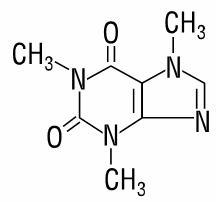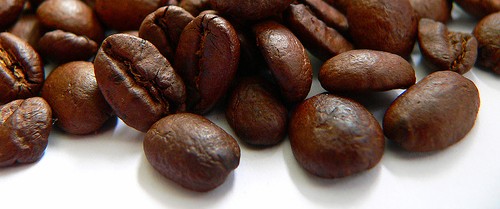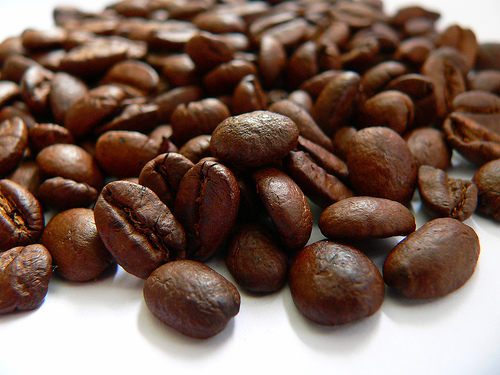Caffeine Effects on the heart
 Cas No. [58-08-2]
Caffeine binds to receptors on the surface of heart muscle cells
which leads to an increase in the level of cAMP inside the cells (by
blocking the enzyme that degrades cAMP), mimicking the effects of
epinephrine (which binds to receptors on the cell that activate cAMP
production). cAMP acts as a "second messenger," and activates a
large number of protein kinase A (PKA; cAMP-dependent protein kinase).
This has the overall effect of increasing the rate of glycolysis and
increases the amount of ATP available for muscle contraction and
relaxation. According to one study, caffeine in the form of coffee,
significantly reduces the risk of heart disease in epidemiological
studies. However, the protective effect was found only in
participants who were not severely hypertensive (i.e. patients that
are not suffering from a very high blood pressure). Furthermore, no
significant protective effect was found in participants aged less
than 65 years or in cerebrovascular disease mortality for those aged
equal or more than 65 years. However, the protective effect was found only in
participants who were not severely hypertensive (i.e. patients that
are not suffering from a very high blood pressure). Furthermore, no
significant protective effect was found in participants aged less
than 65 years or in cerebrovascular disease mortality for those aged
equal or more than 65 years.

>>
New Product
Introduced :
Oseltamivir
Phosphate,
Phenyl Propanolamine,
Phenylephrine,
Etafedrine

|

 We all know that one of the most
powerful chemical compounds found in both coffee and tea is
caffeine. Has caffeine become an important part of your daily life?
Did you know We all know that one of the most
powerful chemical compounds found in both coffee and tea is
caffeine. Has caffeine become an important part of your daily life?
Did you know
Article : What Is Caffeine?
 Caffeine is a drug that is naturally
produced in the leaves and seeds of many plants. It's also produced
artificially and added to certain foods. Caffeine is defined as a
drug because it stimulates the central nervous system, causing
increased alertness. Caffeine gives most people a temporary energy
boost and elevates mood. Caffeine is a drug that is naturally
produced in the leaves and seeds of many plants. It's also produced
artificially and added to certain foods. Caffeine is defined as a
drug because it stimulates the central nervous system, causing
increased alertness. Caffeine gives most people a temporary energy
boost and elevates mood.
Caffeine is in tea, coffee, chocolate, many soft drinks, and pain
relievers and other over-the-counter medications. In its natural
form, caffeine tastes very bitter. But most caffeinated drinks have
gone through enough processing to camouflage the bitter taste.
Teens usually get most of their caffeine from soft drinks and energy
drinks. (In addition to caffeine, these also can have added sugar
and artificial flavors.) Caffeine is not stored in the body, but you
may feel its effects for up to 6 hours.
![Caffeine Cas No. [58-08-2]](caffeine/CAFFEINE%20LOGO%20SMALL.bmp)
|


